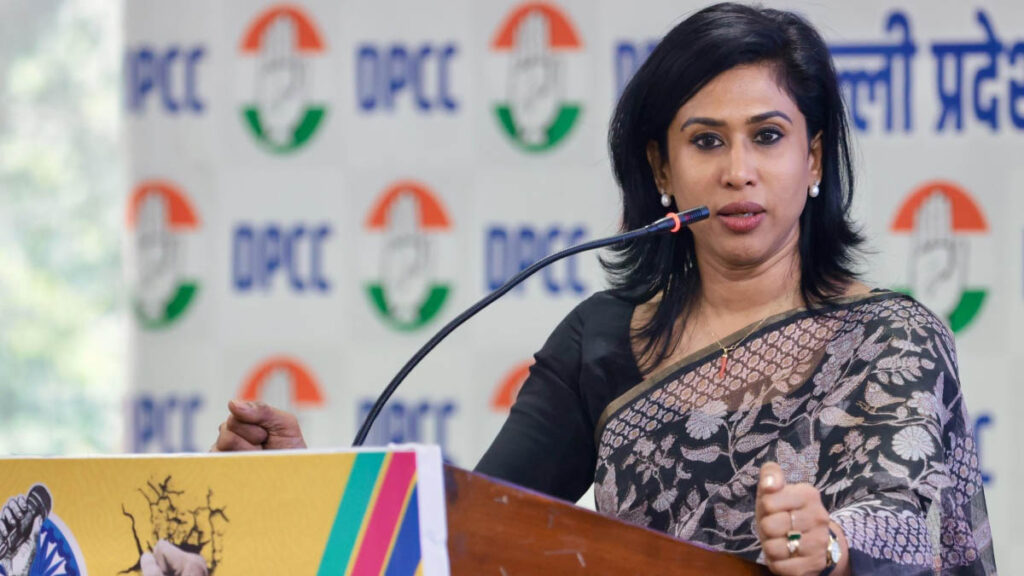Khalistan Issue Creating Global Sikh Divide, Says American Sikh Activist
In a bold statement that reflects growing concerns within the Sikh diaspora, the Founder of Sikhs of America has publicly condemned former Canadian Prime Minister Justin Trudeau, calling him a “very weak Prime Minister” over his alleged support and tolerance of Khalistani elements in Canada.
The remarks come amid rising tensions between India and Canada over the Khalistan issue, with the Indian government repeatedly warning Ottawa against allowing its territory to become a haven for extremist separatist activity. Trudeau’s controversial stance—most notably his refusal to strongly condemn Khalistani rhetoric and events on Canadian soil—has come under renewed scrutiny.
The diaspora leader’s criticism is particularly significant because it reflects a growing rift within global Sikh communities, many of whom have distanced themselves from Khalistani extremism while continuing to advocate for Sikh rights and identity.
U.S.-Based Sikh Leader Blames Trudeau’s Vote-Bank Politics
The Founder of Sikhs of America, a prominent voice among U.S.-based Sikh community leaders, did not mince words:
“Justin Trudeau was a very weak Prime Minister who failed to act firmly against Khalistani extremists operating from Canadian soil.”
"The majority of Sikhs living outside India, love India.
— News Arena India (@NewsArenaIndia) June 14, 2025
Khalistani movement is nowhere.
Sikh diaspora believe in working hard like any other community.
I don't even consider Khalistanis as Sikhs, they don't even follow Sikh values."
- Jasdip Singh ,Founder, Sikhs of America pic.twitter.com/rHeJXuwBBE
This statement aligns with India’s long-standing accusation that Trudeau’s government has provided indirect legitimacy to Khalistanis by ignoring hate rallies, temple desecrations, and anti-India posters, often brushed off under the guise of protecting freedom of expression.
The diaspora leader emphasized that true Sikh values are rooted in peace, coexistence, and unity—not separatism or extremism. The growing perception among moderate Sikhs is that Trudeau’s political pandering to fringe groups for vote-bank politics has done lasting damage to Canada’s global reputation, especially with India, one of its major partners in trade, education, and immigration.
Critics argue that Trudeau’s public posturing on human rights has been selective, choosing silence when Khalistani groups openly celebrate violence or issue threats against Indian diplomats and officials. The diplomatic fallout in 2023—following Trudeau’s allegations against Indian intelligence—only further fractured ties and ignited public outrage in both countries.
Leaders like the Sikhs of America founder are now urging Canadian authorities to take a stronger, more principled stand against Khalistani extremism, rather than hiding behind political correctness. This internal criticism also signals a larger shift: many within the Sikh diaspora want to move away from Khalistani politics and focus instead on community development, human rights, and building bridges with India. They see Trudeau’s approach as an obstacle to that future.





















